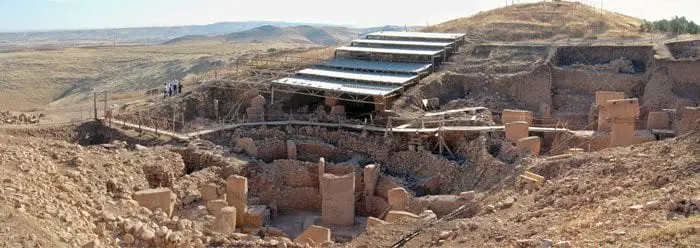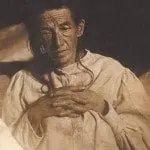by Brian Thomas, M.S.
“Anthropologists have assumed that organized religion began as a way of salving the tensions that inevitably arose when hunter-gatherers settled down, became farmers, and developed large societies,” according to a National Geographic feature in June 2011. But the exquisitely carved pillars of the world’s oldest known temple, Gobekli Tepe, contradict that evolutionary version of ancient human history.
Standard evolutionary anthropology—the study of ancient man—insists that humans invented religious worship as they emerged from an ape-like ancestry. Religion supposedly emerged after the development of agriculture provided people with enough free time and close proximity to bicker, thus also providing them with an incentive to invent God and religion.
Evolutionary storytellers such as H. G. Wells provided possible reasons why early humans developed religion. In 1939, Wells speculated…Continue Reading.





